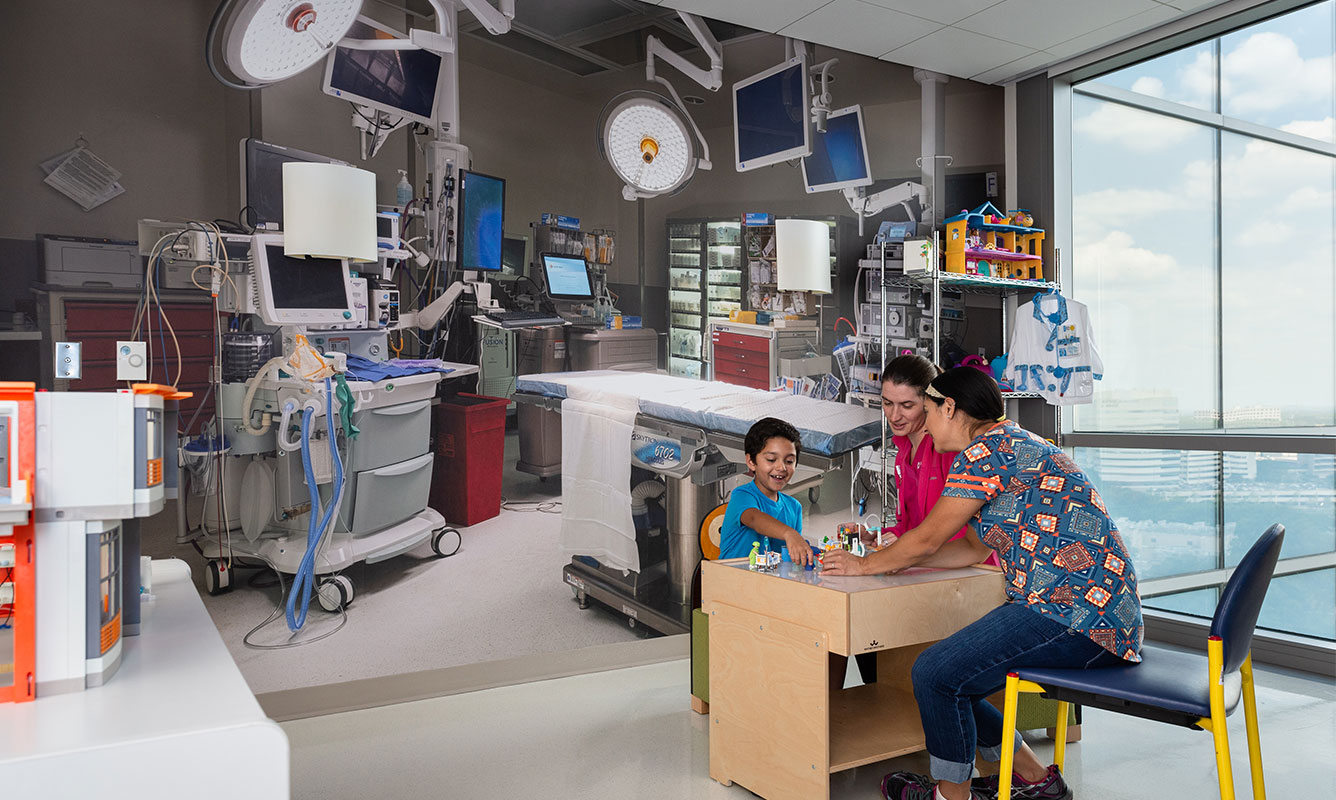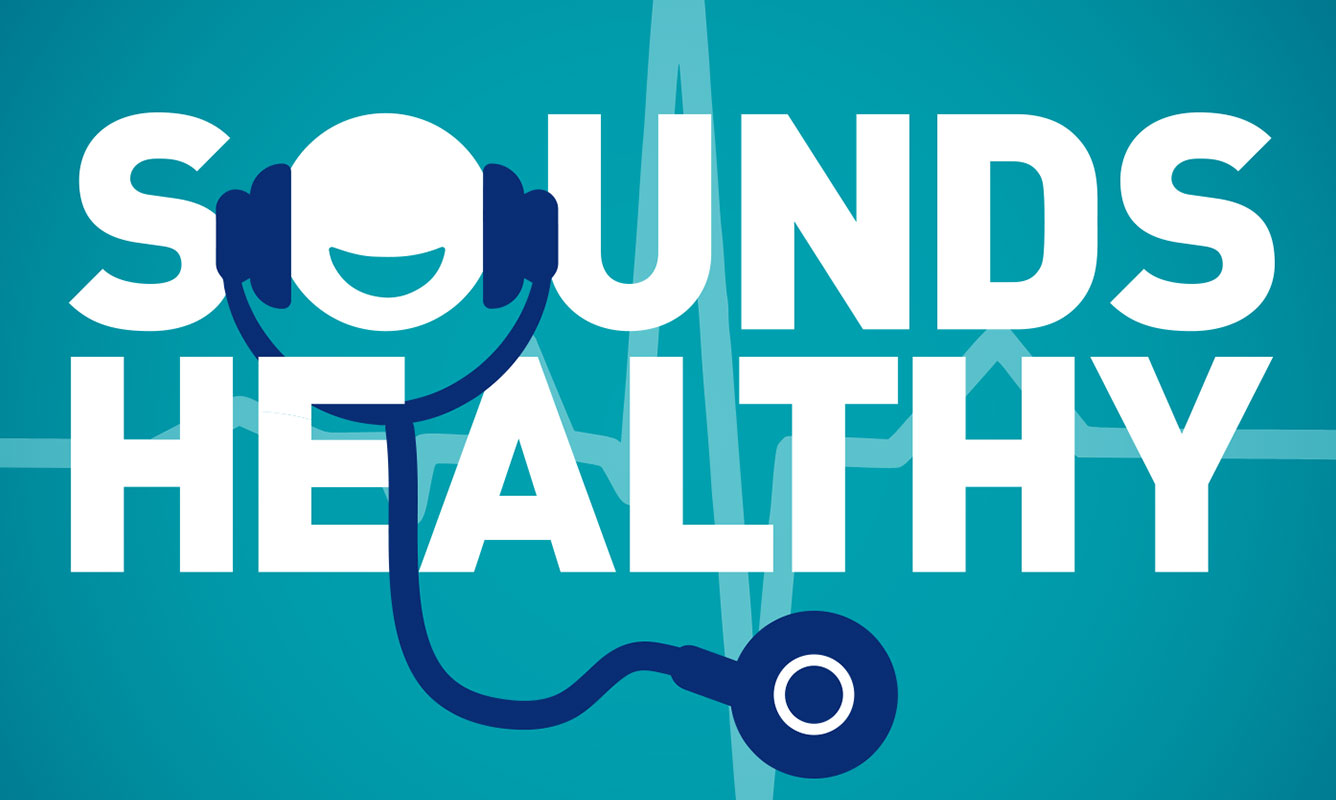Telemedicine Promises to Help Save Preemies' Eyesight at a Lower Cost
A UT Kids neonatologist at University Hospital participated in a national study that looked to see if a potentially blinding disease in premature babies could be identified safely and accurately from many miles away.
The study showed that telemedicine could effectively monitor vulnerable babies where pediatric ophthalmologists are in short supply — which is pretty much everywhere, said Alice Gong, M.D., professor in the School of Medicine at the University of Texas Health Science Center.
“We don’t have enough specialists trained to do these exams, and most premature babies need an exam,” said Dr. Gong. “This particular skill, to examine and treat these babies, is vanishing. A lot of ophthalmologists are not trained in this anymore.”
The problem is not just in rural areas. Even in San Antonio, a retinal-trained ophthalmologist travels from Austin to work with the infants. Clio Armitage Harper III, M.D., a specialist of ophthalmology at the Health Science Center, works with Dr. Gong on Tuesday afternoons to screen babies for the disease, called retinopathy of prematurity (ROP), which is common in the smallest and sickest premature babies. In ROP, blood vessels in the tissue in the back of the eye begin to grow abnormally, which can lead to scarring and detachment of the retina. Treatment involves destroying undeveloped retinal tissue with a laser to decrease the signal from this tissue that forms abnormal blood vessel growth. Early diagnosis and prompt treatment is the best way to prevent permanent damage from ROP.
In the study funded by the National Eye Institute (NEI), images of babies’ eyes were electronically sent to an image reading center for evaluation. Staff there identified whether infants should be referred to an ophthalmologist, and the study compared their results to the conclusions of ophthalmologists who examined the babies in the hospitals.
The study found that non-physicians and physicians had similar success in assessing photos for ROP.
Dr. Gong said the idea is not only that babies can be diagnosed, but that if they could be followed remotely by these trained non-physicians as their condition progressed, they could stay in their NICU close to their homes and be transferred to a referral hospital like University Hospital only at the time they need treatment.
“A lot of premature babies have ROP, but only about 10 percent need treatment,” Dr. Gong said. “With this technology we can make sure they get the treatment they need.”
Note to news media: Drs. Gong and Harper will be available for interviews at 1:30 p.m. Tuesday, July 8 in University Hospital’s NICU. Limited parking may be available near the patient drop-off on Medical Drive. Additional parking is available in the hospital garage.
University Health System is a nationally recognized teaching hospital and comprehensive network of outpatient healthcare centers, owned by the people of Bexar County, and ranked best in the San Antonio region by U.S. News & World Report.
University Health System is committed to delivering patient-centered, culturally competent and high quality healthcare for adults and children, based on a strong foundation of outcomes‐based research and innovative teaching. Learn more at UniversityHealthSystem.com.
UT Kids San Antonio is the academic pediatric practice of the School of Medicine at the UT Health Science Center at San Antonio
With almost 100 pediatric physicians and surgeons – all faculty members of the Health Science Center’s School of Medicine – UT Kids™ San Antonio is the largest pediatric practice in Central and South Texas offering top-tier expertise in numerous medical specialties and subspecialties. Most major health plans are accepted. To find the pediatric specialist you need, visit UTKids.org.
The University of Texas Health Science Center at San Antonio, one of the country’s leading health sciences universities, ranks in the top 3 percent of all institutions worldwide receiving National Institutes of Health funding. The university’s schools of medicine, nursing, dentistry, health professions and graduate biomedical sciences have produced more than 29,000 graduates. The $765.2 million operating budget supports eight campuses in San Antonio, Laredo, Harlingen and Edinburg. For more information on the many ways “We make lives better®,” visit www.uthscsa.edu.
For current news from the UT Health Science Center San Antonio, please visit our news release website or follow us on Twitter @uthscsa.



